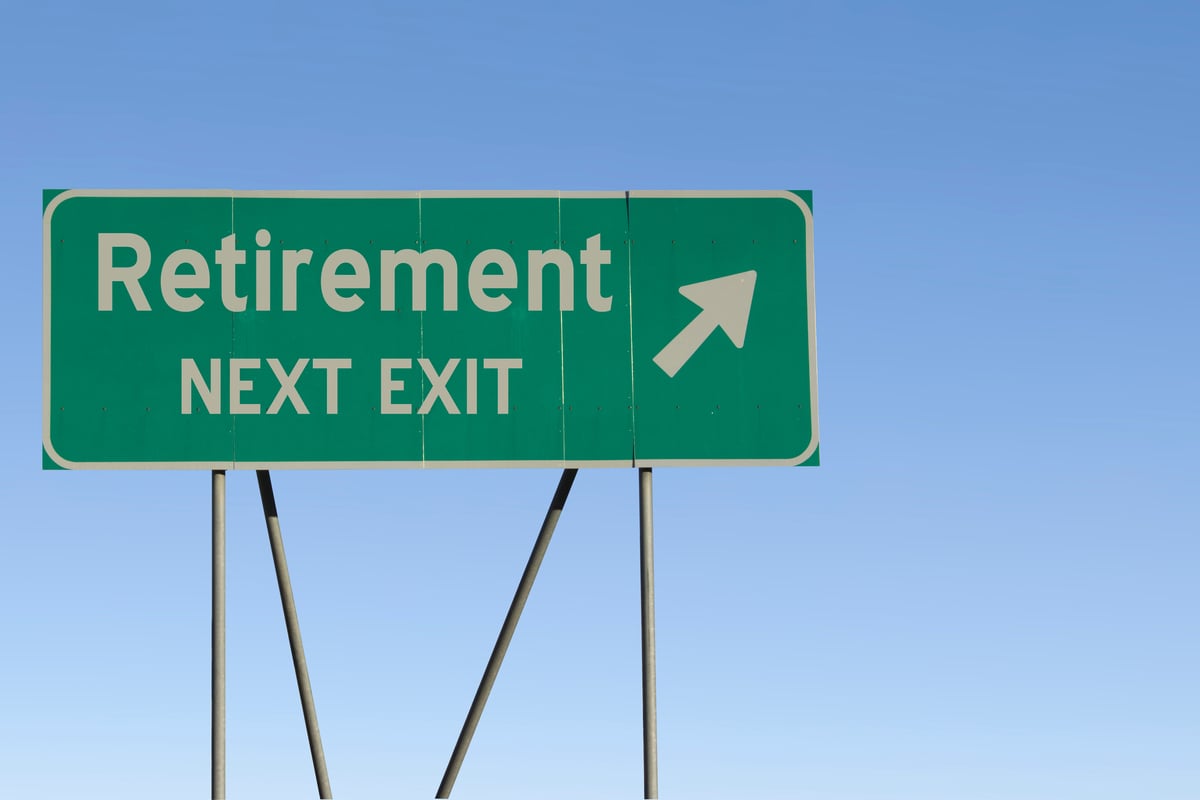OK, OK, you're shaking your head at the football metaphor. But if you're nearing retirement and have paid into Social Security all your life, you may be thinking of claiming benefits very soon. And that could end up being a very good idea, or a truly terrible one. Before you sign up, be sure to ask yourself these essential questions.
1. Have I reached full retirement age?
Your monthly Social Security benefit will be calculated based on your earnings history -- specifically, your wages during your 35 highest-paid years in the workforce. But the age at which you choose to sign up will also dictate what your monthly benefit amounts to.

Image source: Getty Images.
You're entitled to your full monthly benefit once you reach full retirement age, or FRA. You can consult this table to see what your FRA looks like:
|
If You Were Born In: |
This Is Your Full Retirement Age: |
|---|---|
|
1943-1954 |
66 |
|
1955 |
66 and 2 months |
|
1956 |
66 and 4 months |
|
1957 |
66 and 6 months |
|
1958 |
66 and 8 months |
|
1959 |
66 and 10 months |
|
1960 or later |
67 |
Data source: Social Security Administration.
If you haven't yet reached FRA, you can still claim benefits, since you're allowed to sign up beginning at age 62. But make sure you understand what'll happen next. Namely, your monthly benefit will shrink by 6.67% a year for the first three years you file early, and by 5% a year for each year thereafter. All told, this means that filing five years early (the maximum head start on signing up) will slash your monthly benefit by 30%. Make sure whatever hit you take is one you're comfortable with if you're going to file ahead of FRA.
2. Do I have a lot of savings?
You'll generally need more than just Social Security to live on, and that's where your personal savings come in. But if you're not doing too well in that department, you're apt to become even more reliant on your benefits once you leave your career (and your paycheck) behind. Before you claim benefits, see what your savings balance looks like. A good rule of thumb is to retire with 10 times your ending salary in an IRA or 401(k) plan. If you're nowhere close, you probably don't want to claim Social Security ahead of FRA.
3. Do I think I'll live a long life?
The money in your retirement savings plan could run out eventually. On the other hand, Social Security is an income source that pays you for life. As such, you may want to do what you can to get the highest monthly benefit -- and that means delaying your filing until age 70. For each year you hold off on claiming benefits beyond FRA, they increase by 8%, and that boost is then permanent. If you expect to live a long life (say, because your health is great and you have a family history of longevity), then filing as late as possible is a good bet.
The decision to claim Social Security is important but challenging -- the last thing you want to do is fumble it. (See what we did there?) Think things through before you sign up to help ensure that you don't wind up cash-strapped and unhappy throughout your senior years.





